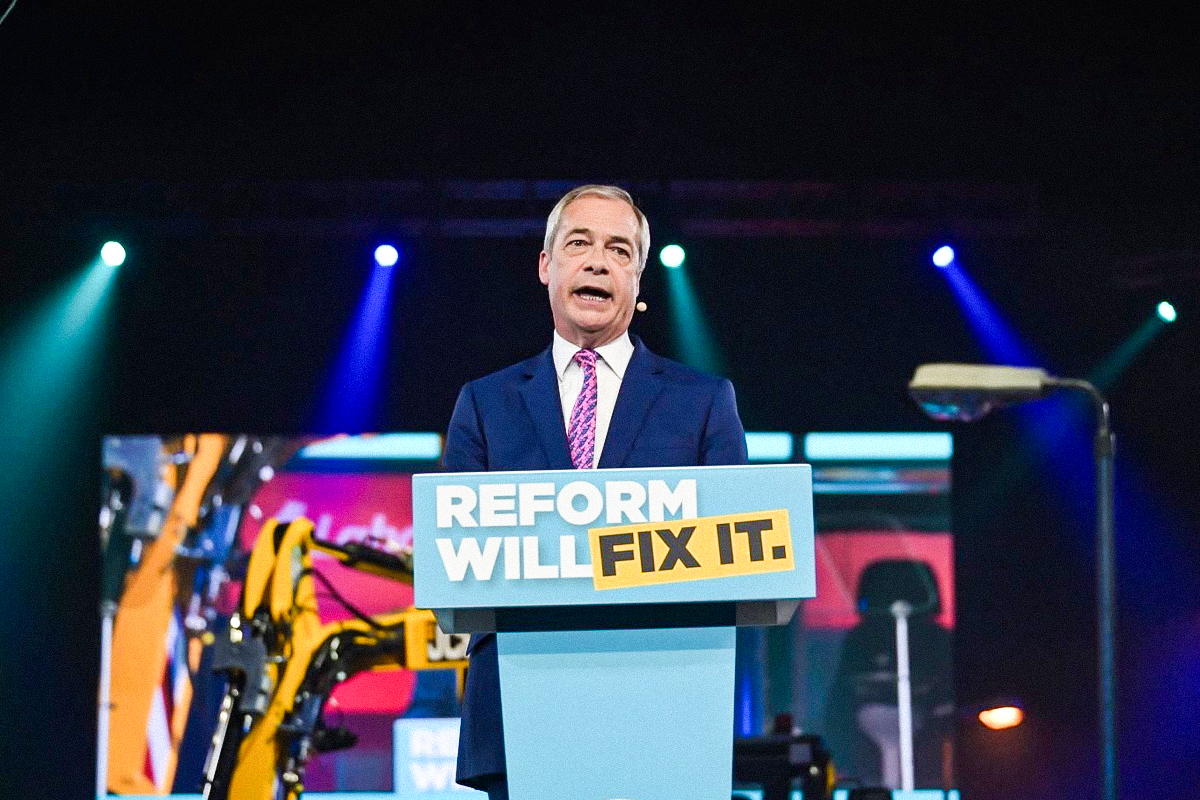October 12th was a dark day in the history of British education. Lord Browne’s review, set up to find ways to off load the burden of higher education from the state’s balance sheets, went significantly further than had been expected. In announcing that there should be a complete free market in higher education, with universities able to charge whatever they like, Browne signalled that the crisis of capitalism has forced the government to go much quicker and deeper in their plans to remould higher education than they had expected. This is certainly the biggest attack on higher education in living history, if not the whole of British history. What tasks does this set students and university staff and what lessons should be drawn from the past?
Tony Blair’s government introduced tuition fees and loans instead of grants in 1998. This step represented the beginning of the end for the principle of free education and saw the introduction of market principles.
Unfortunately, the student and labour movement did not organise effective opposition to this counter-reform, not wanting to rock the boat of the new Labour government. Above all, what was missing at the time was a perspective of what this reform ultimately meant for higher education. It was the beginning of a plan, emanating from big business, to privatise and marketise education. In this way it is linked with the academies programme, which was also introduced slowly to mitigate mass opposition.
Rebellion
By the time the second phase of the plan was ready to be introduced – that is, the top-up fees proposed in 2004 – the direction was clearer to see and opposition greater. By tripling fees to cover costs, it was obvious that we were moving toward a society where students funded the entire cost of their course, instead of the state funding of education. So controversial was the bill, which contradicted Labour’s 2001 election promises, that it only passed through parliament by five votes, after a massive rebellion by Labour MPs. In effect, Tony Blair pushed it through with the support of the Tories, not his own party. This situation is analogous with the present one, where the Lib-Dems officially opposed fees but are now swallowing the entirety of the Browne report, with Vince Cable saying that the government ‘accepts the report’. However, again students were let down by their own leadership, with the NUS organising a timid anti-top up fees campaign and again lacking any perspective.
Fees
The general direction was always towards the removal of any caps on fees but the enormous crisis in the world economy has sped this process up dramatically and taken the student and labour movement by surprise. The UCU (the union for college and university teachers) has said that the new government has effectively declared all out war on higher education. It is clear that the approach of negotiation and ‘reasonable compromise’, taken by the former NUS president Wes Streeting for example, are not adequate to the situation at all. We are in favour of negotiation but from a position of strength, when we can back it up with industrial action.
The first step in opposing the Browne Review must be in rejecting the entire principle of privatised education. We must argue in favour of education provided on the basis of social need but from this flows the need for society to control education in its entirety, to wrest it from the influence and interests of big business.
The NUS should work with the TUC, which is potentially the most powerful organisation in the country. The NUS has already organised an anti-cuts march on 10th November, along with the UCU, which we support. Recently, the TUC pledged to organise joint industrial action across the entire labour movement in opposition to cuts. The NUS should openly declare its opposition to all fees and loans (as opposed to grants). It should take a lead by setting up a joint campaign with the UCU, NUT, NASUWT, and other trade unions, to defend education, protect jobs, and fight against the introduction of Browne’s proposals. The methods of occupation, strikes, and blockades of universities and colleges should be discussed and campaigned for throughout the student and labour movement as necessary and justified tools for defeating the cuts.
Campaigns
Students should set up local campaigns through their student union, and utilise student union rights to attend their local trades council. Many local anti-cuts campaigns have been set up, and students and lecturers must be welcomed and encouraged to participate.
Ultimately, nothing short of a determined campaign across the entire labour movement to topple this government and their cuts will suffice, since the Browne proposals are merely part of a generalised attack on the welfare state. We are in favour of a campaign for a one day general strike against the cuts but, as we have seen in Greece, this will not alone be enough to prevent the cuts. The mass campaign of rolling strikes that has shaken French and European capitalism shows the way forward, evoking memories of the historic May ‘68 general strike, which could have ended capitalism in France.
Whilst we enthusiastically support protests and one day strikes, they should be seen as the first step and not the last. This government will not change course unless they are forced to.
Capitalism is experiencing a grave crisis on a global scale and, as a result. the reforms of the past, such as free higher education, cannot be sustained under this system. Free education, provided in accordance with society’s needs, can only be guaranteed and extended by the working class, with the active support of students, overthrowing capitalism.






